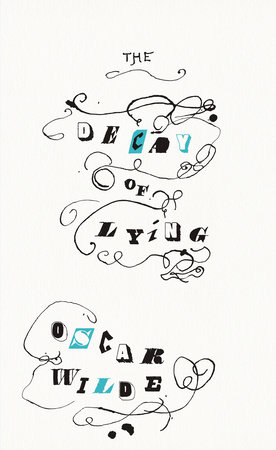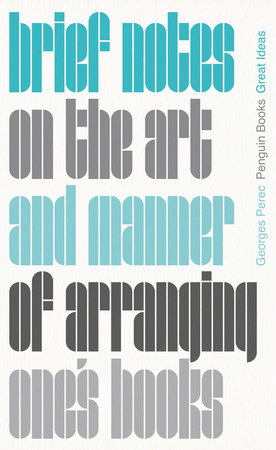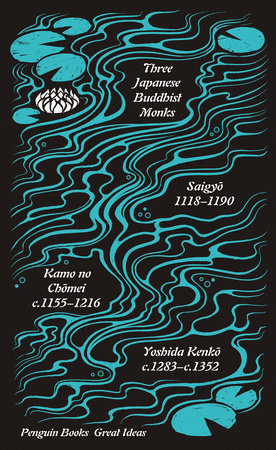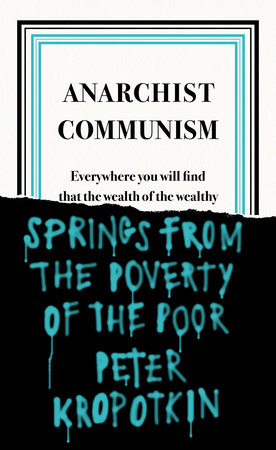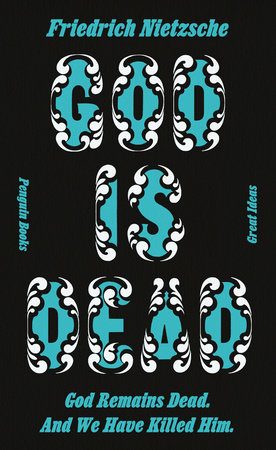
One Swallow Does Not Make a Summer
Aristotle; Translated by J. A. K. Thomson and Hugh Tredennick
Paperback
June 8, 2021 | ISBN 9780241472866
AmazonBarnes & NobleBooks A MillionBookshop.orgHudson BooksellersPowell'sTargetWalmart
About the Book
How can one live well in the world? What does it mean to be happy? In this selection from The Nicomachean Ethics, Aristotle probes the nature of happiness and virtue in a quest to divine an ethical value system. Exploring ideas of community, responsibility, courage, friendship, agency, reasoning, desire and pleasure, these are some of the most profound and lasting ancient writings on the self to have influenced Western thought.
Throughout history, some books have changed the world. They have transformed the way we see ourselves - and each other. They have inspired debate, dissent, war and revolution. They have enlightened, outraged, provoked and comforted. They have enriched lives--and upended them. Now Penguin brings you a new set of the acclaimed Great Ideas, a curated library of selections from the works of the great thinkers, pioneers, radicals and visionaries whose ideas shook civilization and helped make us who we are.


